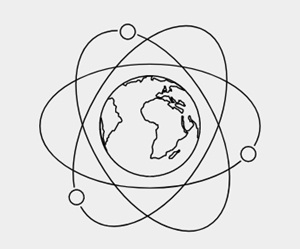
New Delhi: The Ministry of Consumer Affairs, Food & Public Distribution announced yesterday it has taken cognizance that due to the ongoing outbreak of COVID-19 (novel coronavirus) and concern of the logistics for COVID-19 management, particularly during the last couple of weeks, masks (2-ply & 3-ply surgical masks, N95 masks) and hand sanitizers have been noted to be either not available with most of the vendors in the market or are available with great difficulty at exorbitant prices. In view of this, the Government has notified an Order under the Essential Commodities Act to declare these items as Essential Commodities up to 30 June 2020 by amending the Schedule of the Essential Commodities Act, 1955. The Govt has also issued an advisory under the Legal Metrology Act.
Under the Essential Commodities Act, after discussions with manufacturers, States can ask them to enhance their production capacity of these items to make the supply chain smooth, while under the Legal Metrology Act the States can ensure sale of both the items at MRP.
On these two items, the States may now notify the Central order in their official Gazette, also issue their own orders under the Essential Commodities Act to that effect, and take necessary actions as per the situation prevailing in the respective States.
Under the EC Act, powers of the Central Government have already been delegated to the States by way of orders during 1972 to 1978. The States & UTs therefore may take action against the offenders under the EC Act and the Prevention of Blackmarketing and Maintenance of Supplies of Essential Commodities (PBMMSEC) Act, 1980.
An offender under the EC Act may be punished with an imprisonment upto 7 years or fine or both, and under the PBMMSEC Act he can be detained for a maximum of 6 months.
The Ministry said the decision is expected to empower the Government and States & UTs to regulate production, quality, and distribution of masks and hand sanitizers, and to smoothen the sale and availability of these items and carry out operations against orders speculators and those involved in overpricing or blackmarketing.
The Ministry added that it will enhance the availability of both items to the general people at reasonable prices or under MRP. The States are also advised to give publicity of State Helplines for registering complaints by the consumers of the above two items.
Consumers can also register their complaints in this matter with the National Consumer Helpline No. 1800 11 4000, or via online complaints on the Consumer Helpline Portal, via the Consumer Affairs Department’s Website, or email to dsadmin-ca@nic.in, dirwm-ca@nic.in, and secy.doca@gov.in. Source: https://indusdictum.com

